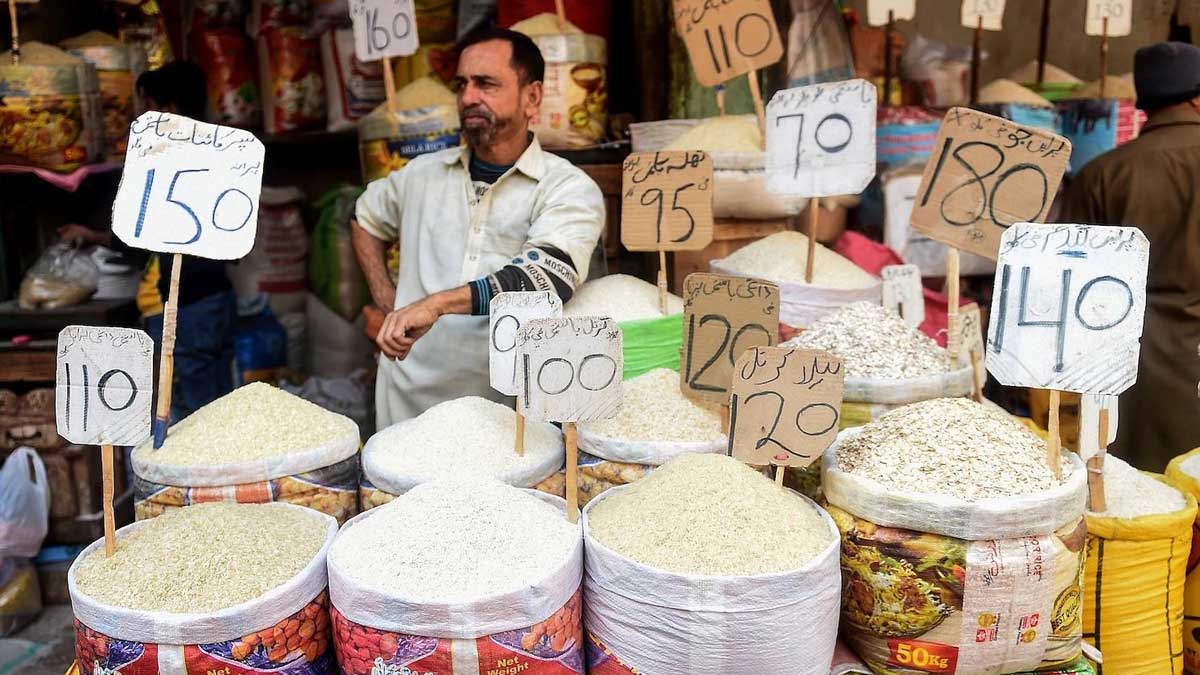According to the World Bank, the rising food and energy prices in Pakistan is likely to decrease the real purchasing power of households, thus extremely affecting poor and vulnerable households that spend a major share of their budget on these items.
The World Bank reveals in its Macro Poverty Outlook for Pakistan report that political tensions and policy slippages can also be a reason to protracted macroeconomic imbalances. Macroeconomic risks are extremely tilted downside.
They consist of faster-than-projected tightening of international financing conditions, which further results in the rising of world food and energy prices, and thus the possible risk of a return of fatal Covid-19-related mobility restrictions, the report says.
Read more: Demand for vehicles, ACs and refrigerators grows despite mounting inflation
Moreover, inflation is expected to increase to 10.2 percent in financial year 2022 though moderate over the forecast horizon. Mostly reflecting the imports rise during the first half of 2022, the current account deficit is likely to expand to 4.4 percent of the GDP in fiscal year 2022.
Macroeconomic adjustment measures and the weaker currency are likely to tame imports mainly in 2023 fiscal year. In fiscal year 2024, the existing account deficit is expected to narrow down to 3.0 percent of the GDP, as reforms to lessen import tariffs and the anti-export bias of trade policy got traction.
The financial deficit comprising grants is expected to widen slightly to 6.2 percent of the GDP in fiscal year 2022, and progressively narrow over the medium term as revenue mobilisation measures, mainly GST harmonisation and personal income tax reform, take hold.
Meanwhile, public debt as a part of the GDP is expected to stay high, but to decline over the medium-term gradually. The outlook is expected on the IMF-EFF programme remaining on-track.
The report further cautioned that long-standing structural weaknesses of the economy and low productivity growth have posed risks to a sustained recovery.
In this regard, the State Bank of Pakistan has been unwinding its expansionary financial stance since September 2021, increasing the policy rate by a cumulative 275 basis points and banks’ cash reserve requirement by 100 basis points.





















